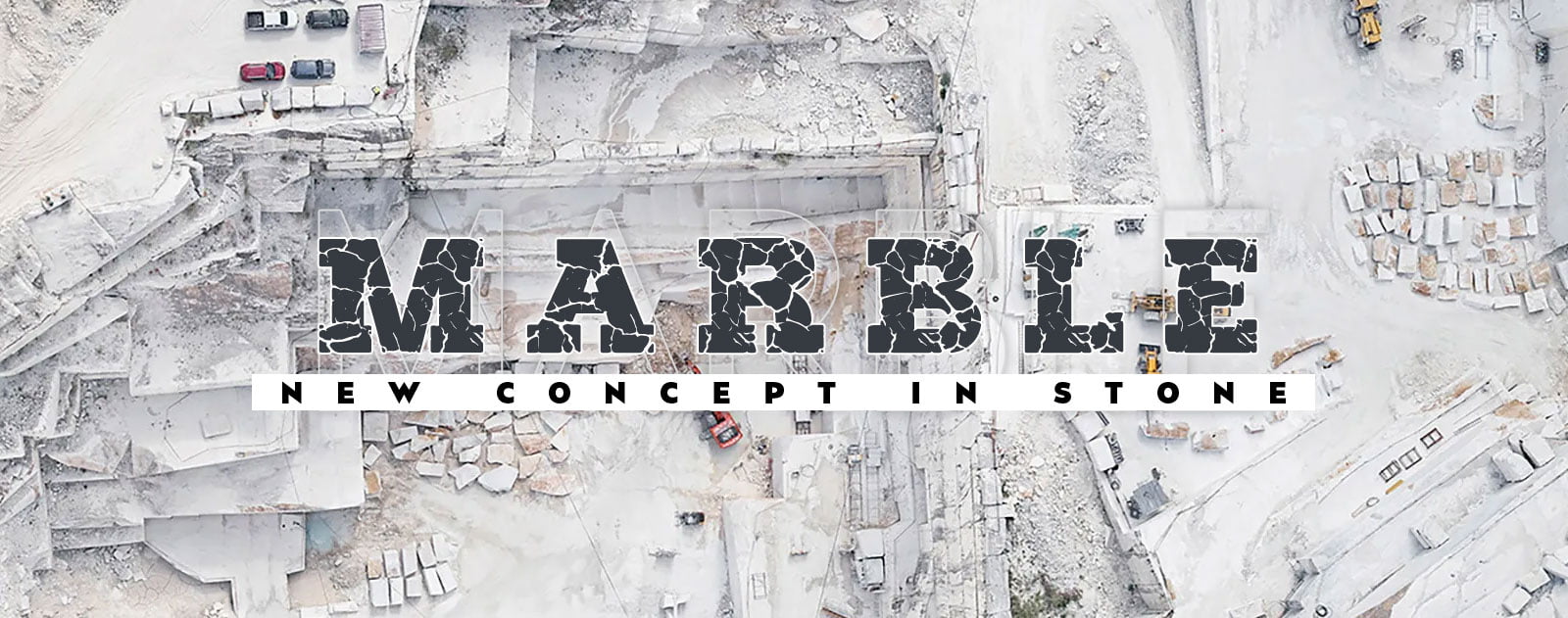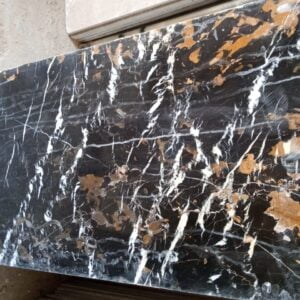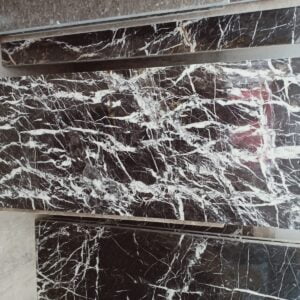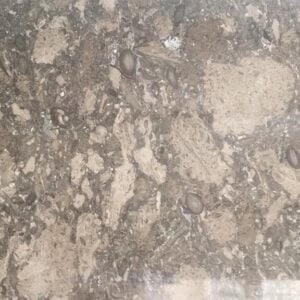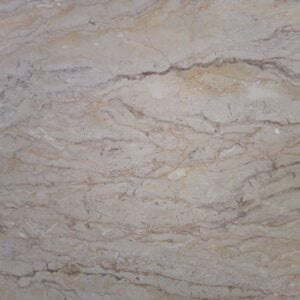Differences between Granite and Marble
Granite and marble are both natural stone materials that are popular choices for countertops, flooring, and other interior and exterior applications. However, there are some key differences between the two materials that should be considered when making a decision about which one is right for your project.
Hardness and durability
Granite is harder than marble, with a Mohs hardness of 6 to 7. This means that granite is more resistant to scratches, dents, and other forms of damage. Marble, on the other hand, has a Mohs hardness of 3 to 5, making it more susceptible to damage.
Heat resistance
Granite is also more heat resistant than marble. Granite can withstand temperatures up to 1,200 degrees Fahrenheit, while marble can only withstand temperatures up to 500 degrees Fahrenheit. This means that granite is a safer choice for countertops in areas where hot pans or dishes are likely to be used.
Porosity
Both granite and marble are porous materials, meaning they can absorb liquids. However, granite is less porous than marble. This means that granite is less likely to stain or etch than marble.
Maintenance
Both granite and marble require regular sealing to protect them from staining and etching. However, granite typically requires resealing less often than marble.
Appearance
Granite and marble come in a wide variety of colors and patterns. Granite is typically more solid in appearance, while marble is more veined.
Overall
Granite is a more durable and heat resistant material than marble. It is also less porous and requires less maintenance. However, granite is typically less expensive than marble. Ultimately, the best choice for your project will depend on your individual needs and budget.
Here is a table summarizing the key differences between granite and marble:
Feature | Granite | Marble |
Hardness | 6 to 7 | 3 to 5 |
Heat resistance | Up to 1,200 degrees Fahrenheit | Up to 500 degrees Fahrenheit |
Porosity | Less porous | More porous |
Maintenance | Requires regular sealing | Requires regular sealing |
Cost | Typically less expensive | Typically more expensive |
Appearance | More solid in appearance | More veined in appearance |

